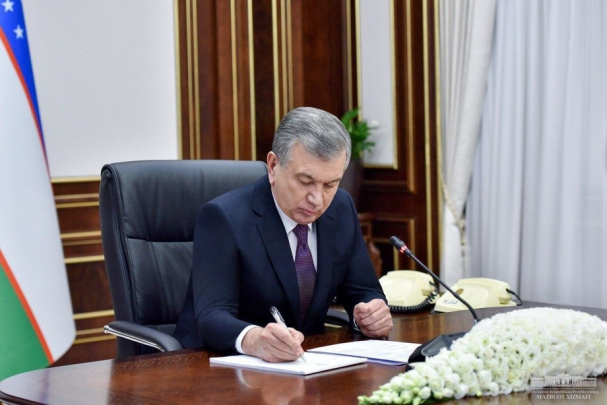Ministry of Labor prepares new edition of the Labor Code

The Ministry of Employment and Labor Relations is developing a draft of a new edition of the Labor Code, Kun.uz correspondent reports referring to a statement of the ministry.
The current code came into force 23 years ago and was then considered as an interim, ensuring the development of the country during the transition period, the ministry explained.
Shortcomings of the current code:
• there is no clear definition of the range of relations regulated by it;
• reference norms are excessive;
• there are provisions that do not balance the interests of employees and employers;
• there are provisions that contradict acts of other sectors of legislation;
• little attention is paid to the peculiarities of labor regulation of certain categories of workers (for example, homeworkers, seasonal workers and others);
• there are no prerequisites for the widespread use of flexible modes of operation;
• social insurance issues are almost not reflected.
In general, the current Labor Code (LC) is focused on the preservation of jobs, and not the creation of new ones. It is also focused on large enterprises and the high labor costs of the employer.
It is envisaged that the new edition of the LC will consist of three parts (general, special and final); seven sections (including – social partnership, employment, individual labor relations; professional training, labor protection, regulation of labor relations due to the nature of the labor relationship and place of work), 36 chapters and about 400 articles, mostly of direct action.
Thus, the new edition will be based on the following principles:
“Employment contract”
“Working hours”
“Annual leave”
“Salary”
“Labor discipline”
“Labor protection”;
“Regulating labor of certain categories of workers”;
“Identifying the features of labor regulation”;
“Social insurance”;
“Protection of labor rights of employees”.
In general, the reforms will be based on advanced international experience, which provides for:
• increasing opportunities for flexible work schedules and flexible working conditions;
• significant expansion of grounds for the concluding a prompt employment contract (in many countries this type of contract is the main one);
• simplification of procedures for changing the conditions of the employment contract and its termination for economic reasons;
• simplification of salary review procedures in the period of economic instability of the enterprise.
Related News

12:04 / 25.12.2025
President signs decree approving additional days off and holiday shifts for 2026

17:27 / 19.05.2025
Minors could be permitted to work in service and manual jobs under new draft law

18:02 / 18.11.2024
Uzbekistan defines exceptions for relatives working together in state institutions

19:36 / 16.09.2024




